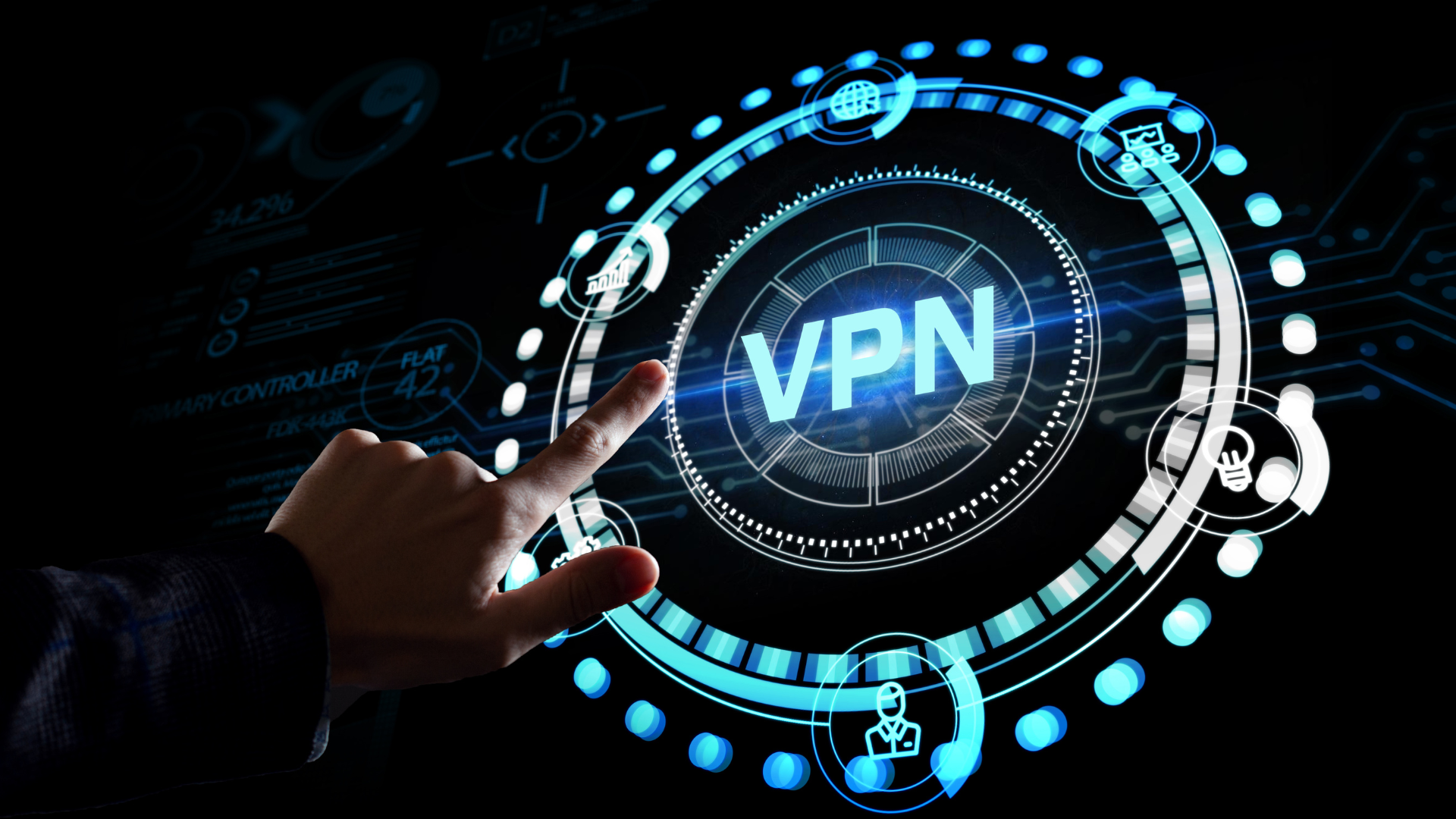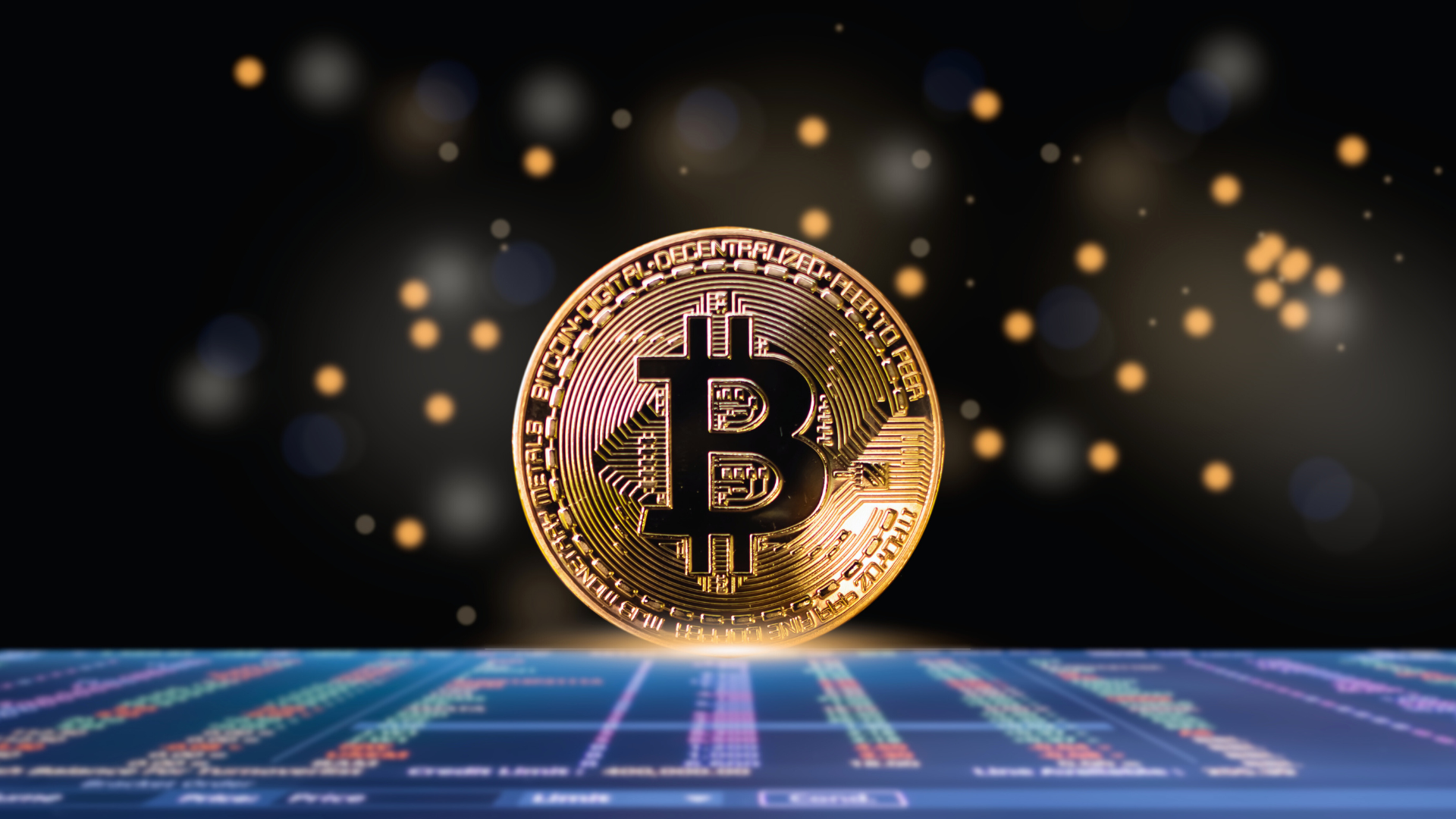Did you know VPN services now have over 400 million users worldwide? The fact is that they are becoming popular. Some people are not aware of its usage. Yet, how many of us could explain what they’re good for?
Using VPNs in today’s world can provide you with a secure, private network that can help you access the internet without being tracked or monitored. It can also protect your device from hackers, and all you have to do is choose the best provider and the right VPN protocol based on your specific requirements and internet usage.
When it comes to VPN protocols, there are various options available, including OpenVPN, SSTP, L2TP, IKEv2, and many more. Each protocol work differently and can offer varying levels of security and performance. For instance, you might wonder what is l2tp or OpenVPN and how they operate. To gain a better understanding of these protocols, you can explore various resources like blogs or online videos. This knowledge can help you make informed decisions when selecting the right one for your specific needs.
Read to learn about some important reasons how a VPN can assist you in your day-to-day internet activities.
Encrypt Your Online Data
Virtual private networks (VPNs) have developed into indispensable tools for maintaining privacy and security online. They offer a layer of encryption and privacy, assisting in protecting your data from bad parties. Encrypt the data flowing through them so that even if intercepted by a third party, the data remains secure and unreadable. This is done by rerouting your data through a secure private network. VPNs have the drawback of slowing down your internet connection and being open to security risks. Also, there is no legal regulation of the profession, which makes it challenging to locate trustworthy providers. They often need a fee to access, and they might track and collect your data. To ensure the confidentiality and encryption of your data, it’s essential to carefully research and select a reliable VPN provider.
Block Third-Party Tracking
Using VPNs can have many advantages in today’s world, ranging from increased security to anonymity. Its ability to bypass restrictive geographical or content-based internet restrictions. The greatest reason to consider using a VPN is the increased ability to block third-party tracking. Latitude, longitude, and IP address information are all kept false. This prevents third-party trackers from recognising you, improving security against rogue users. With the potential for overlapping networks, more users are using VPNs to surf safely and anonymously.
Using VPNs may have some drawbacks, such as slow surfing speeds and greater charges for more sophisticated capabilities.
Prevent Bandwidth Throttling
In today’s digital landscape, online privacy and security have become paramount concerns for every internet users. Among the myriad tools available to safeguard these aspects, VPNs stand out as versatile solutions. While VPNs offer a plethora of benefits, one of the most compelling is their ability to combat bandwidth throttling.
Bandwidth throttling means that your internet gets deliberately slowed down by your internet provider. This can be really annoying for users who want to have smooth internet experiences. ISPs might slow down your connection for different reasons. They might do it to manage too many people using the internet at once or to try to change what people do online. This slowing down often affects things, like watching videos or downloading files, and it can make your internet experience not as good. Through the strategic deployment of VPN technology, you can reclaim control over their internet experience. By obscuring their digital footprint and circumventing ISP-imposed restrictions, you can enjoy unhindered access to online content and services, free from the shackles of bandwidth throttling.
However, there might be instances where a VPN might not be suitable and effective for preventing bandwidth throttling. For example, some of your devices may not support VPN connections or may encounter compatibility issues with specific VPN providers. In these cases, using an Indonesia proxy server (assuming that’s where you are) might be a simpler and more accessible option for you. Unlike VPNs, which often require specific configuration settings, proxy servers can be set up directly within your device’s network settings.
Help You Access Geo-Restricted Content
Using a VPN service in today’s world has advantages and disadvantages. For users looking to access geo-restricted content, one of the biggest advantages is the freedom and anonymity that a VPN provides. It can also assist in getting past filters and tracking software as well as accessing restricted news and media websites and protecting anonymity from prying eyes. With a VPN, users can cloak their IP address, switching it for one from a different country, allowing them to access content from a remote server. It creates an encrypted tunnel that prevents malicious actors from obtaining sensitive information. Moreover, it also puts a barrier between the user and government bodies, making it more difficult for them to track online activities.
Due to the VPN provider’s censoring procedures, a user’s access to particular websites or content may be constrained. Using a VPN could slow down a user’s internet connection, resulting in a less-than-ideal browsing or streaming experience. It is necessary to consider that, despite the promise of anonymity, all VPN services can log and store usage. Also, some of them are riskier than others, so it’s important to learn about the security precautions taken by any VPN you want to use.
Learn The Advantages and Disadvantages of Using a VPN
The advantages and disadvantages of current VPN usage reveal a great deal about the effects on personal security, cost, and ease of connection. They are a net positive for those who use the internet. It protects your device from hackers and encrypts your online data. It also blocks third parties and helps you access geo-restricted content. But it is essential to assess each situation before making a decision. When selecting a VPN provider, research the company and its offerings to determine whether a VPN is the best option.
Found this article helpful? Keep reading our website!








